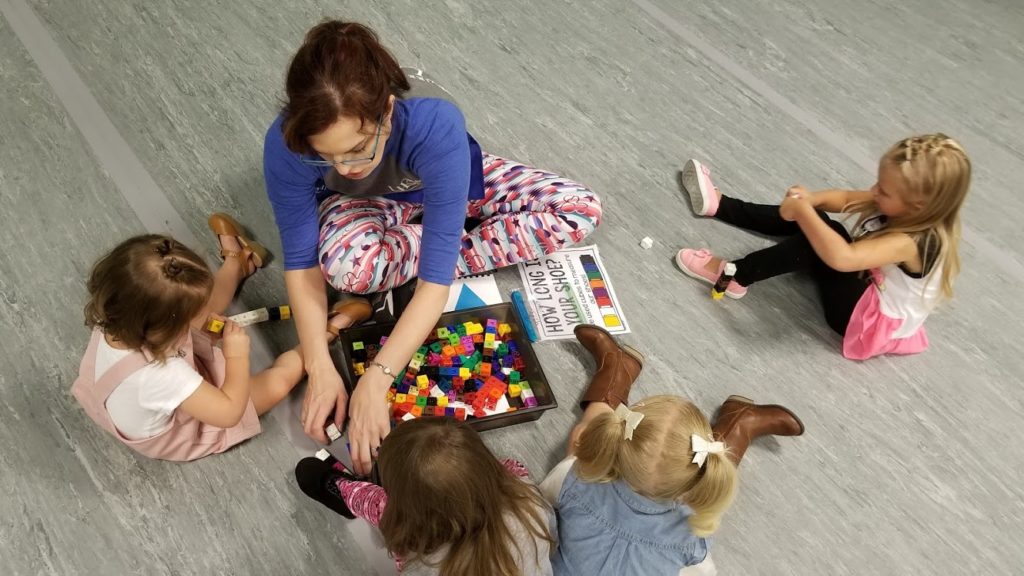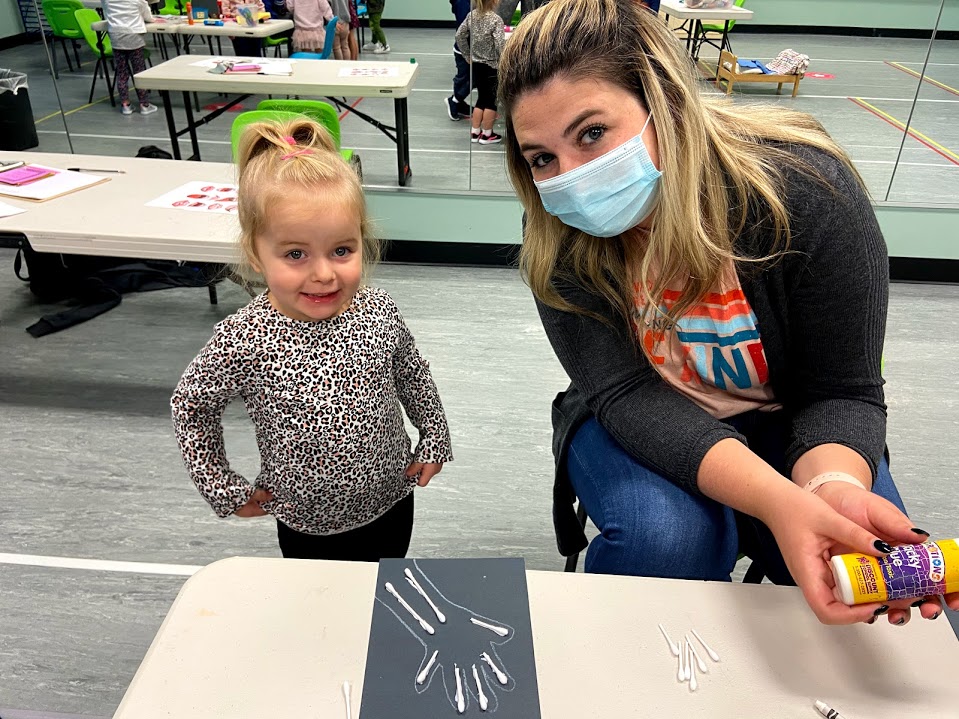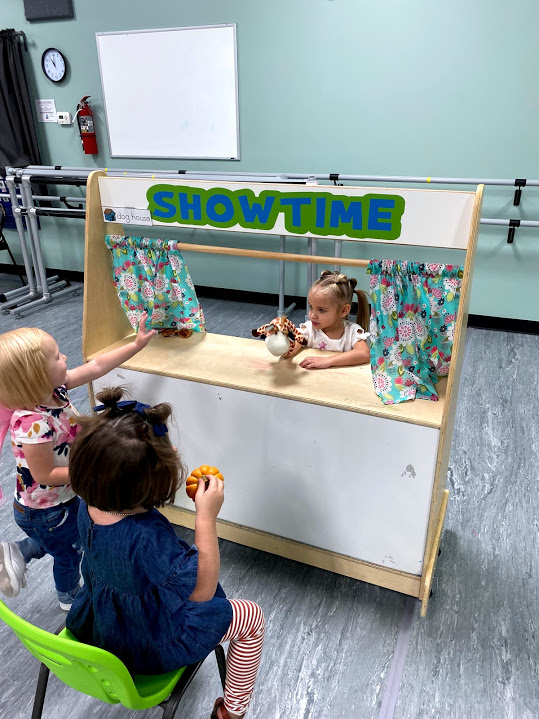You kiss their little cheeks and wave goodbye as they march, hop, skip, or tiptoe their way into their preschool classroom.
Maybe they turn around and wave or blow you a kiss. Maybe they don’t even look back.
As you walk or drive away, you know they’re going to have a great time during the next few hours of preschool.
But what, exactly, will they be gaining during their time at preschool? Will they come out knowing how to read? To count to 100? To write their name?
And are these the most important parts of preschool anyway?
When you send your child to preschool, it’s important to know what REALLY matters. Read on for the most critical components of your child’s preschool experience.
A Positive Learning Environment
Don’t worry too much about how snazzy the preschool building looks. You certainly want your child to attend preschool in a safe, clean place. But beyond that, the overall environment is more important than the newness of the building, the technology present, or the decorations.
Preschool sets the tone for your child’s educational career. If they enjoy themselves and feel confident there, they will develop positive perceptions about school that will carry them through the next several years.
Engaging Teachers
The teachers set the stage for that positive environment. Quality preschool teachers have a passion for early childhood education. They bring an enthusiasm to their lessons, and they’re able to maintain patience throughout the day.
Plus, they love their students and can express that in a healthy way that leaves children feeling safe and secure with who they are.
Self-Regulation Skills are Valued
Children need to learn how to self-regulate. This is a lifelong skill that will help them keep their emotions in check, motivate themselves, start tasks, keep themselves organized, and more.
In preschool, children should be learning these skills little by little. As they get better and better at self-regulation, they learn how to be learners.
They figure out how to sit still when they need to sit still, how to pay attention to the right things, how to share with their friends, how to interact in social situations, and so much more.
In preschool, teachers should be guiding your child on their path to self-regulation, accepting their emotions and using those emotions appropriately.
Creativity and Curiosity are Encouraged
Preschoolers are full of creativity and curiosity, and their preschool should only encourage that — not stifle it. Preschool should be the place where your child is encouraged to think about why things happen, what could happen, how to figure things out, how to combine ideas together, and so much more.
This isn’t just for fun. This helps your child become a problem-solver and a self-directed learner. These are skills you want your child to have for life.
Preschool is a place where the process of learning is more important than getting the right answer. That’s why learning things by rote is unnecessary. Children should be guided on how to learn, and how to discover.
Playful Learning
In preschool, play should never end. Even when your child is learning letters and numbers, an environment of playful learning should be present. Academics and play should go hand in hand, because play is the way that children learn.
Play is how your child experiences the world, and what they learn through play will stay with them in deeper ways.
In a preschool environment, this doesn’t mean free-for-all play all day (although there is a time and place for free-play). Rather, a good preschool will know how to incorporate guided or scaffolded play. In this type of play, teachers create purposeful play environments. These environments encourage curiosity and exploration.
When learning about animals, a teacher might set up a pet shop or veterinary office, with pictures and words that indicate the different parts of the place. Children might be asked open-ended questions, like “What are you doing?”, “What will happen if?”, and “What did you create?”
In this environment, children can explore and experiment, while playing together.
Social and Emotional Development
Sure, kids get social development by spending time together with their peers. But preschool social development is so much more than that.
Teachers help children build personal connections with each other. Teachers also consciously develop close personal connections with each child.
Teachers guide children to think of others, to work together, to take responsibility for keeping areas clean together, and to help each other.
Through this guidance, children’s self-confidence in social situations flourishes.
Pre-Math and Literacy Skills
Reading, writing, and arithmetic are incredibly important academic and life skills. In preschool, these skills should not be taught by rote, boring worksheets, or drills.
Rather, your child will develop good relationships with reading and writing as they are encouraged to interact with these subjects in positive ways.
A good preschool gradually introduces concepts so that children can build on their skills over time, while continuing to love and enjoy the subjects. They do this by teaching pre-reading and pre-math skills in the context of activities and themes that are already interesting to the children.
Motor Skills
Children need to develop their motor skills so that they can be successful in school and in life.
Hand-eye coordination is critical not only for sports, but for writing. Balance is important not only for games, but for sitting at a desk in kindergarten.
A good preschool gradually helps children develop these skills at an appropriate sequence. And they do this by incorporating fine and gross motor activities into their day. Jumping, running, and climbing should be encouraged, as well as safely cutting with scissors, threading beads, and more.
At UDA Creative Arts Preschool in Draper, Utah, we understand that a quality preschool education is a critical foundation on which your child can build a successful and happy life. To learn more about how we teach, contact us online or give us a call at (801) 523-5930.








